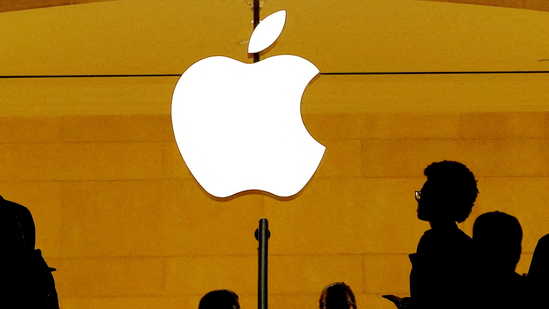Apple is paying out $95 million to settle a class-action suit alleging the technology giant is tapping into users’ privacy by monitoring them through its Siri voice assistant. The Lopez v. Apple suit claimed Siri was secretly recording users and overheard intimate discussions and sent them to third-party contractors.
The lawsuit revealed how voice assistants record and play back intimate conversations unintentionally. Apple is in denial but decided to settle the issue instead of going through long litigation.
Who Is Eligible for Compensation?
U.S. consumers who owned Siri-enabled devices from September 17, 2014, to December 31, 2024 qualify for the compensation. Impacted consumers must file claims online by July 2, 2025. Claimants will be paid up to $100, or $20 per device, to a maximum of five devices.
Impacted claimants have already received emails that walk them through how to file a claim.
Why This Matters
Apple Lawsuit is the most recent example of how privacy intrusions are getting more expensive for technology companies. Apple’s $95 million payment is one of a growing number of massive privacy settlements across the industry.
Google paid $170 million in 2019 for allegedly infringing on children’s privacy rules on YouTube which is the largest COPPA settlement to date. Google paid $13 million in 2019 to settle allegations of scraping data from public Wi-Fi networks using its Street View vehicles.
In 2022, Google paid $100 million for violating Illinois’ Biometric Privacy Act, while Hearst Communications paid $50 million in 2018 for sharing subscriber data without consent. These cases show that user data misuse now carries serious financial and reputational consequences.
Also read: Verisk Analytics (VRSK) Share Price Target Raised to $320
Siri’s Evolving Privacy Features
Since the lawsuit filing, Apple has changed how Siri processes user information. In 2019, Apple ended storing voice recordings by default. It also implemented an opt-in for users who want to share their recordings to help improve Siri.
Apple’s new privacy stance is that Siri performs as much processing locally as it can, and not in the cloud. Requests also get linked to random identifiers, rather than Apple IDs.
Apple also released Private Cloud Compute, a product that performs heavy lifting without retaining or using individual data. Apple does not let Siri information be utilized for advertisements or third-party selling.
All of these just are what firms are stepping up to respond to law and public needs. Privacy is no longer a luxury but a commercial requirement.
A Wake-Up Call for the Tech Industry
Apple is not an isolated incident. It’s part of a broader trend that’s making businesses rethink their strategy on user data. The Siri scenario says a lot about the value of sound privacy policies and design that prioritizes users.
For start-ups, particularly in Asia, there are lessons to be learned here. Establishing trust with privacy-first technology can no longer be an afterthought. Regulators globally are cracking down, and users are becoming more aware of their online rights.
Asian firms entering voice technology or AI need to invest upfront in secure design, opt-in behavior, and communications transparency. One mistake will have them paying huge fines and long-term brand reputational harm.
The Bigger Picture
Siri, Alexa, and Google Assistant are ubiquitous in everyday life. They’re convenient, but they introduce new risks. This settlement is a generation of adulting technology responsibility, where regulation and innovation need to meet.
The Apple $95 million payment is a warning that the giants must shoulder responsibility for blunders in respect to privacy as well. It is on the right track to consumer protection and an initiative leading the industry into placing privacy onto center stage during innovation.








